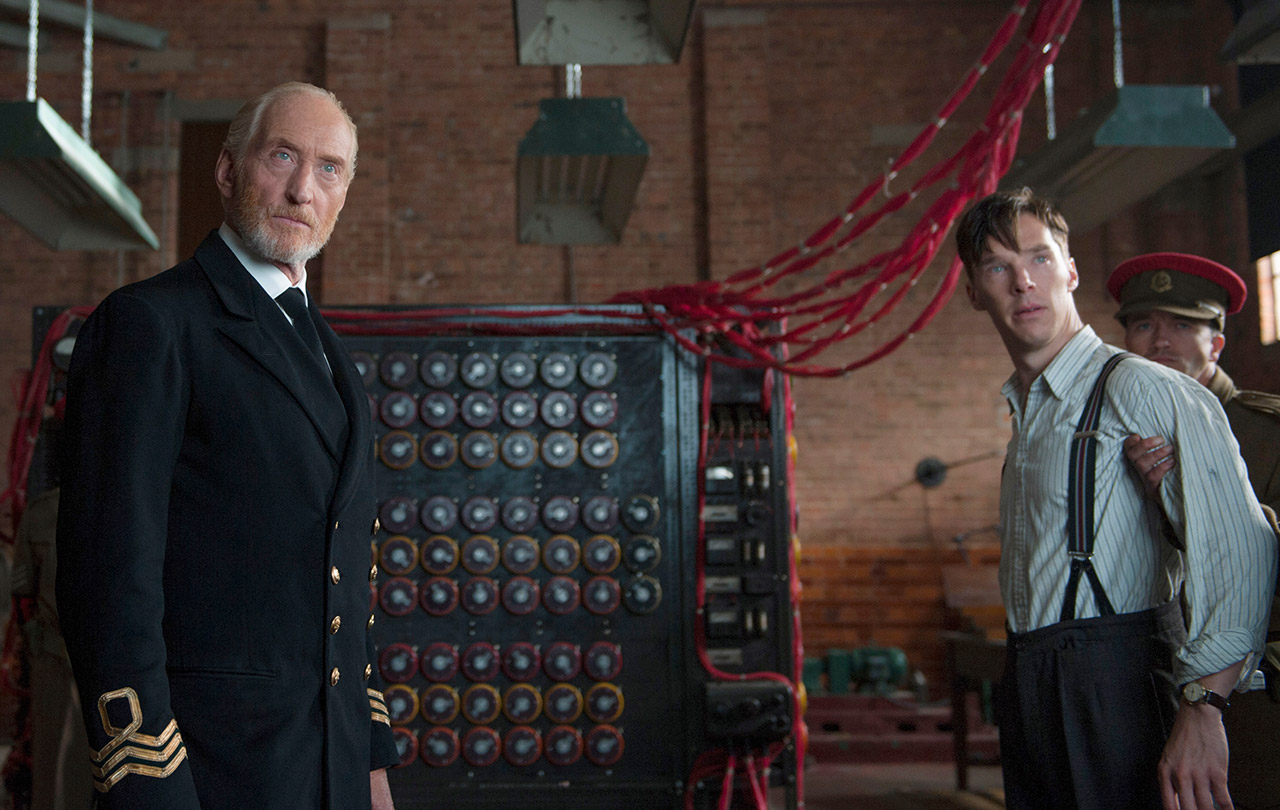The Imitation Game was one of the notable films of 2014 thanks to the number of nominations it received, particularly from the Academy Awards.
Even though the film did not win much, this recognition brought the film more attention. The historical thriller directed by Morten Tyldum focused on the life of Alan Turing, who was most notable for solving the Enigma code, but was later prosecuted for his sexuality.
Turing’s accomplishments were unrecognized for many years but sounded like a good idea for a film. However, the film faced the usual biopic risk of choosing storytelling over accuracy. Does the Imitation Game do the legacy of Alan Turing justice?
The film’s structure is nonlinear and follows three different time periods. The earliest period is 1927, focusing on Alan’s childhood and how he was bullied by his fellow classmates, coming to have a close relationship with Christopher Morcom, who also inspired Alan’s interest in cryptography.
The lateset one in the timeline takes place in 1951 where Alan’s home has a break-in and an investigator grows very suspicious of Mr. Turing and interrogates him. The majority takes place during World War II, where he joins the cryptography team, who are trying to break the ciphers created by the Enigma machine, which the Nazis use to provide security for their wireless messages.
Alan finds it difficult to work with his team and chooses to design a machine that can break the ciphers at a much faster rate, but struggles to make it work with the poor cooperation of his team. Alan is faced with many moral dilemmas with the use of the machine and his relationship with his team, whether because of his sexuality or because of false allegiances.
The plot is intriguing and intense enough to hold the interest of the audience. The story telling creates mystery about what happened in Alan’s past or what will happen in the future. The film is beautifully shot, successfully capturing the feeling of World War II.
The talents of the actors, particularly Benedict Cumberbatch, comprise the best part of the film. Turing’s antisocial and awkward character is not too far from what Cumberbatch does on Sherlock, captivating enough for a guy who is already all over film and television.
Though I don’t think Cumberbatch would have deserved the Oscar, I think the nomination highlights his talents in the movie. Other actors such as Matthew Goode, Keira Knightly and Allen Leech also drive the experience as a whole.
Though the film had a lot of plot lines happening, I think it should have had more focus on the issues related to Alan’s sexuality. It might have been better if they highlighted more on why he was in danger due to that time period’s views on sexuality. With people still being persecuted for their sexuality today, I think this could have made the film a bit more relevant.
In conclusion, though the Imitation Game isn’t entirely accurate and leaves some important stuff out, it is gripping enough to watch the life of Alan Turing through Benedict Cumberbatch’s wonderful performance.
Turing’s contributions to World War II through the breaking of Enigma are very noteworthy and though the issue of homosexuality is downplayed, the story presents a lot of moral dilemmas Turing had to deal with to ensure the safety of millions of people. It provides enough intensity and education to make it an entertaining watch.
-Brady Lass

